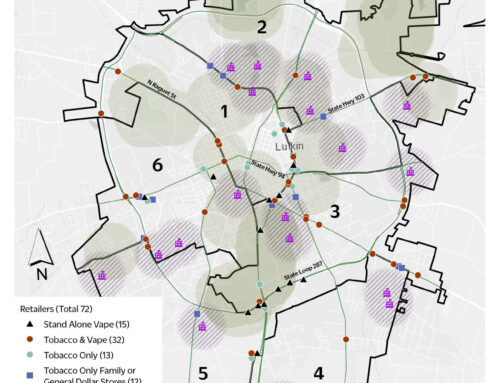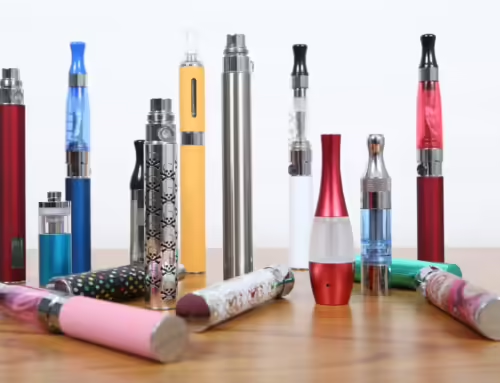
With the FDA’s recent authorization, Philip Morris can now market the IQOS system as ‘modified risk tobacco products’. We need to closely monitor how these products are being marketed and sold to appeal to youth and Black and Brown communities.
On July 7, 2020, the FDA authorized Philip Morris to market its IQOS Tobacco Heating System as ‘modified risk tobacco products’. The IQOS Tobacco Heating System and the accompanying HeatSticks are heated tobacco products, classified as cigarettes according to the FDA. Unlike traditional, combustible cigarettes which ignite and burn, the IQOS device heats tobacco to a much lower temperature and generates an inhalable aerosol.
With the FDA’s recently determined authorization, Philip Morris can now market the claims that the IQOS system “heats tobacco but does not burn it” and “significantly reduces the production of harmful and potentially harmful chemicals”. They can also advertise that “scientific studies have shown that switching completely from conventional cigarettes to the IQOS system significantly reduces your body’s exposure to harmful or potentially harmful products”.
Philip Morris claims this heating system delivers less toxicity and fewer chemicals than traditional combusted tobacco, but this remains questionable. The FDA maintains that the products are neither safe nor FDA-approved. The nicotine in the product remains highly addictive, and independent, peer-reviewed research assessing the short- and long-term effects of these products is severely lacking. A significant portion of the current research has been led, funded by, or in some way associated with the tobacco industry. As a result, the authorization requires both the FDA and Philip Morris to continue to monitor the appropriateness of the modified risk order and its impact on youth use.
In response to the FDA authorization, multiple organizations, including the Campaign for Tobacco-Free Kids, American Cancer Society Cancer Action Network, American Heart Association, American Lung Association and Truth Initiative, issued a joint counterstatement, arguing the authorization puts youth and the public’s health at risk. At Counter Tools we agree with their statement, and have significant concerns regarding the safety of these products and the influence of the marketing and modified risk claim on perceptions and behaviors, particularly among youth and young adults.
We should also maintain a critical eye on whether the marketing of the menthol versions of HeatSticks is being targeted at Black and Brown individuals and communities. The industry is notorious for targeted marketing towards these communities, and it is yet to be seen whether they will employ the same tactics for IQOS and the mentholated HeatSticks.
The FDA’s decision in this matter is monumental, and we must remain vigilant on the impact this decision has on youth and Black and Brown communities. We believe it is imperative that the FDA and other independent researchers not only continue to assess the risk of harm of these products, but also closely monitor how these products are being marketed and sold.




